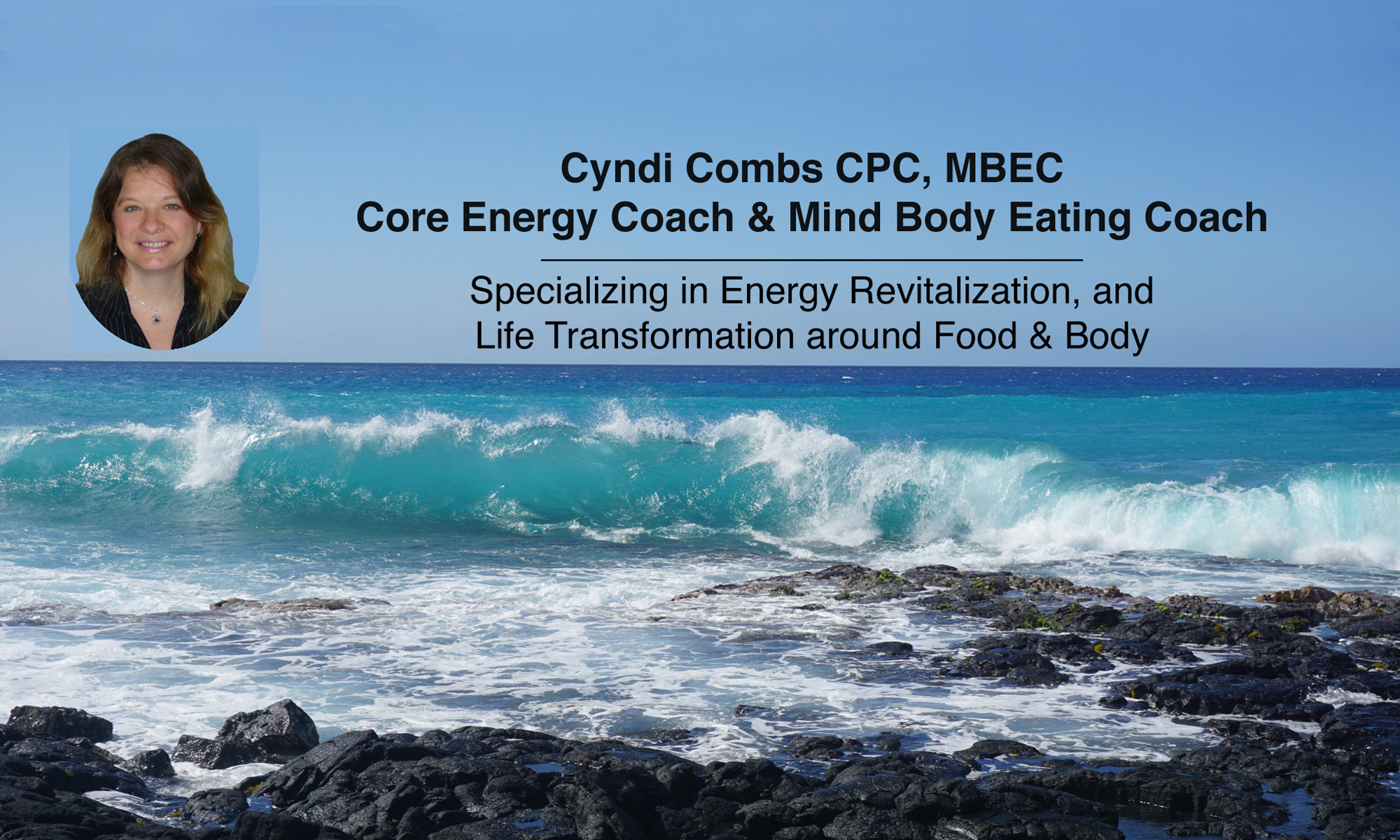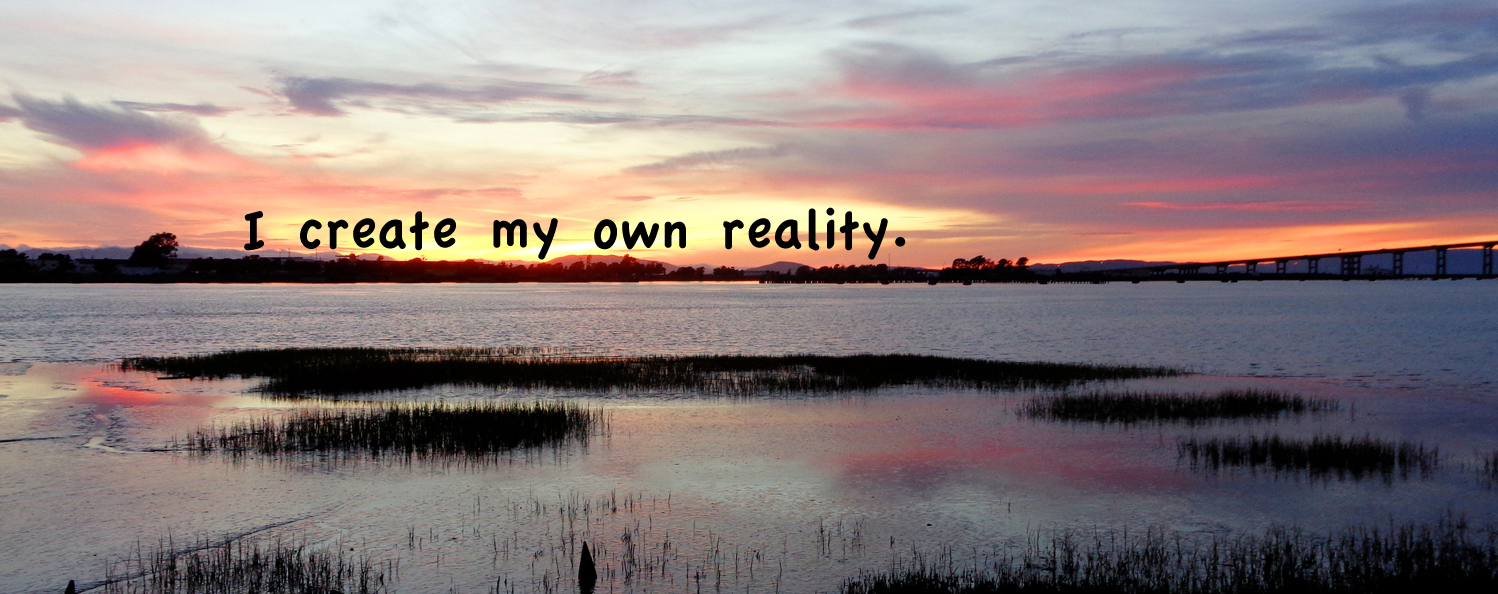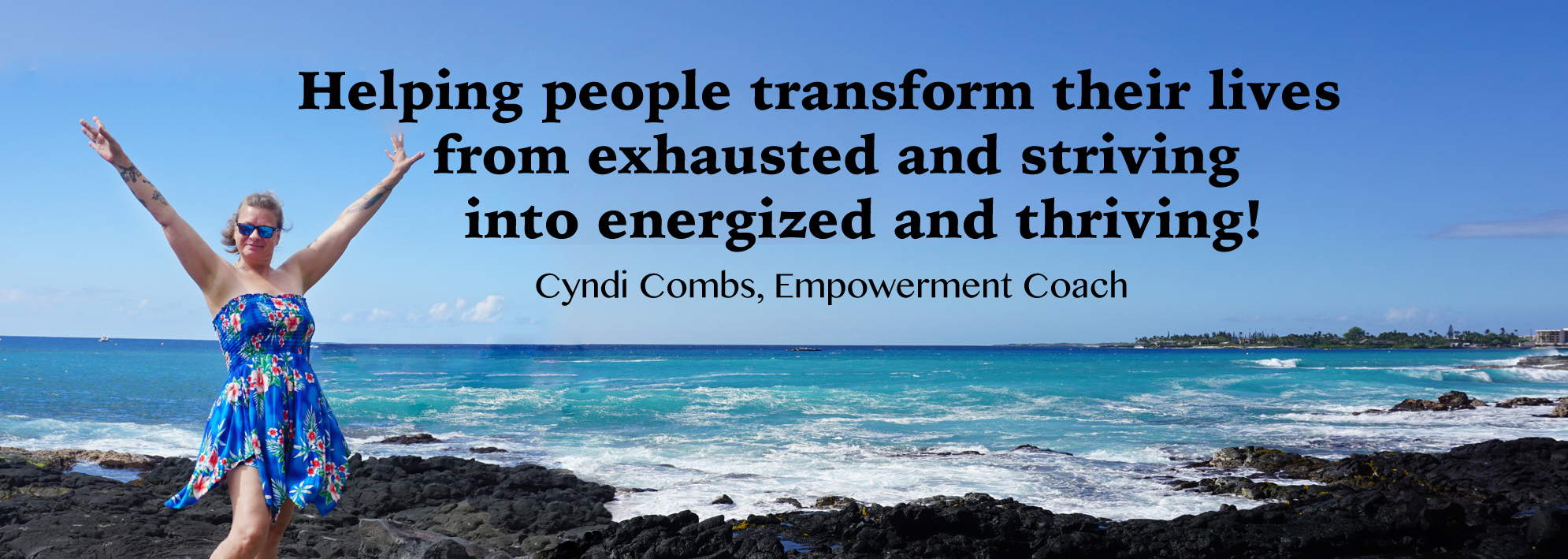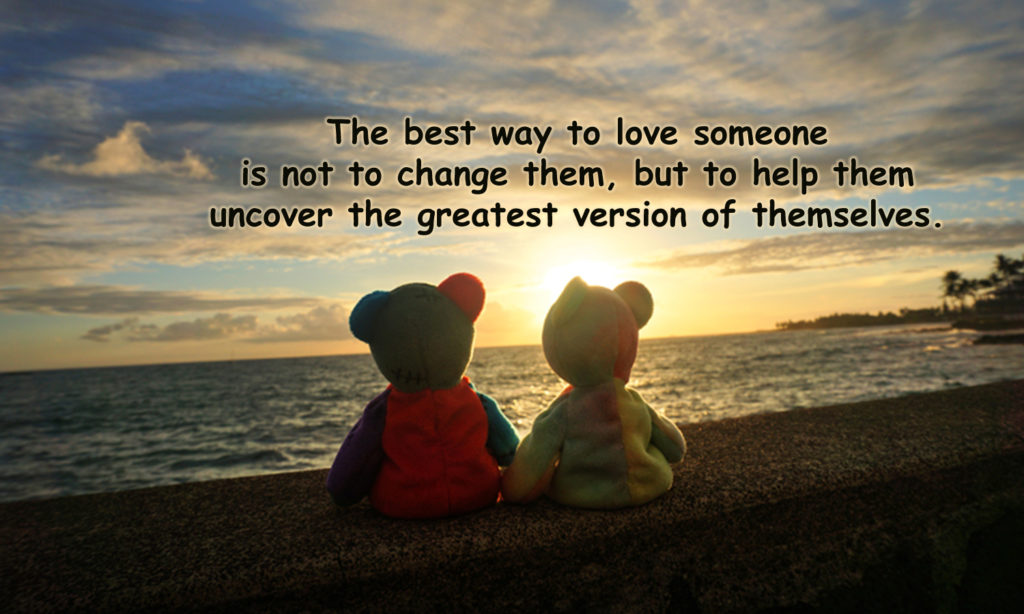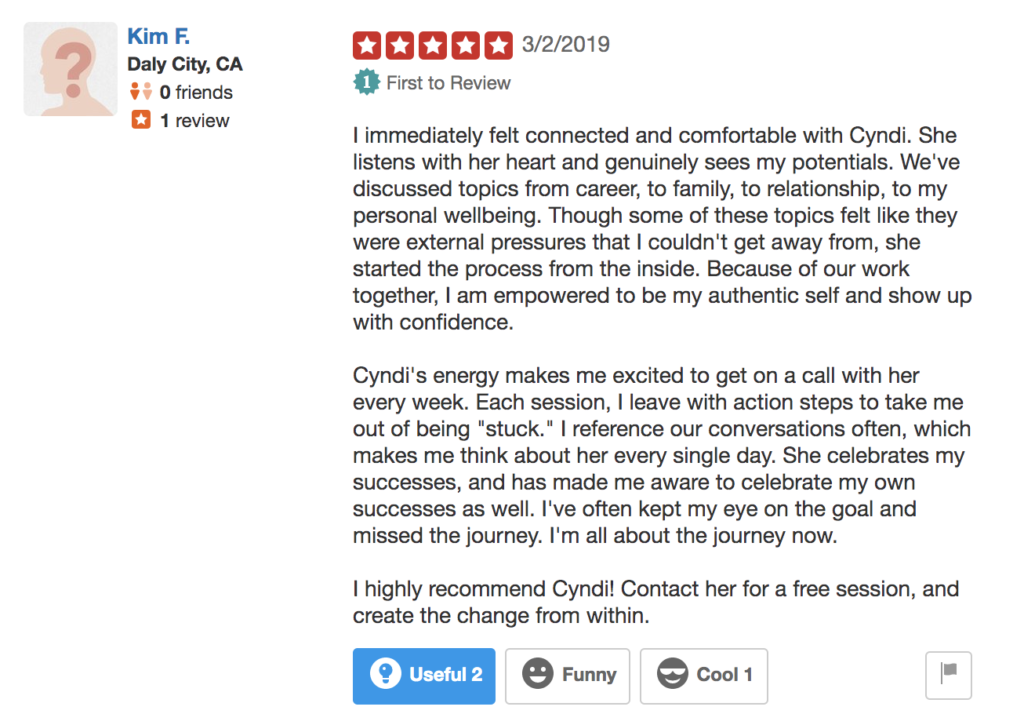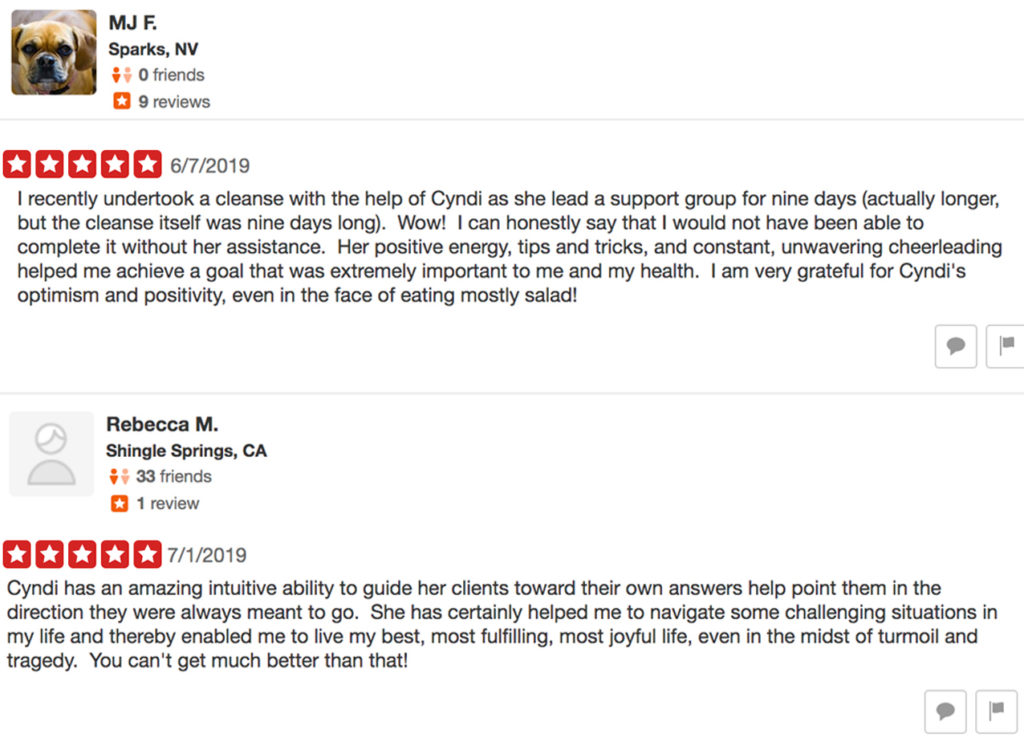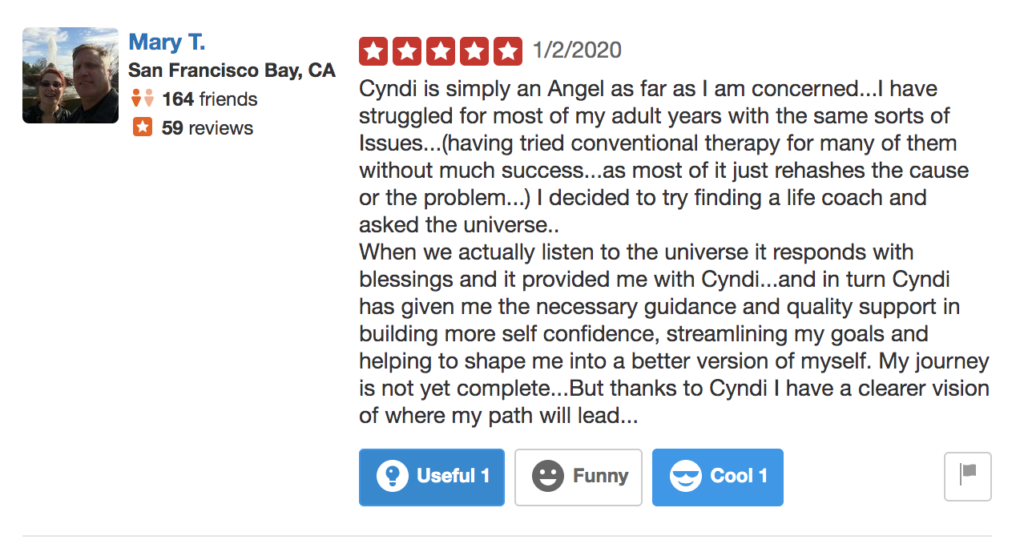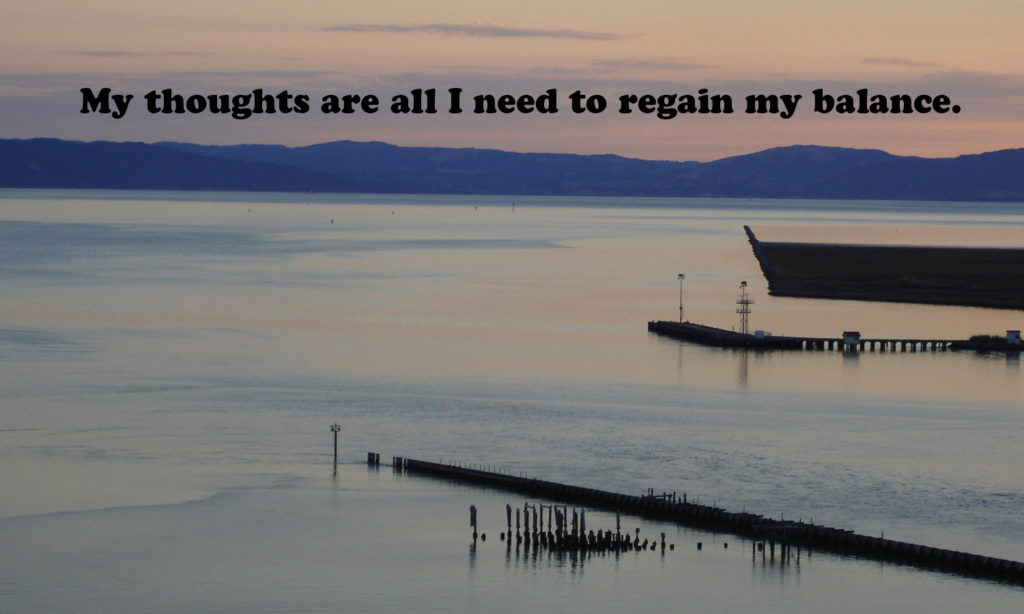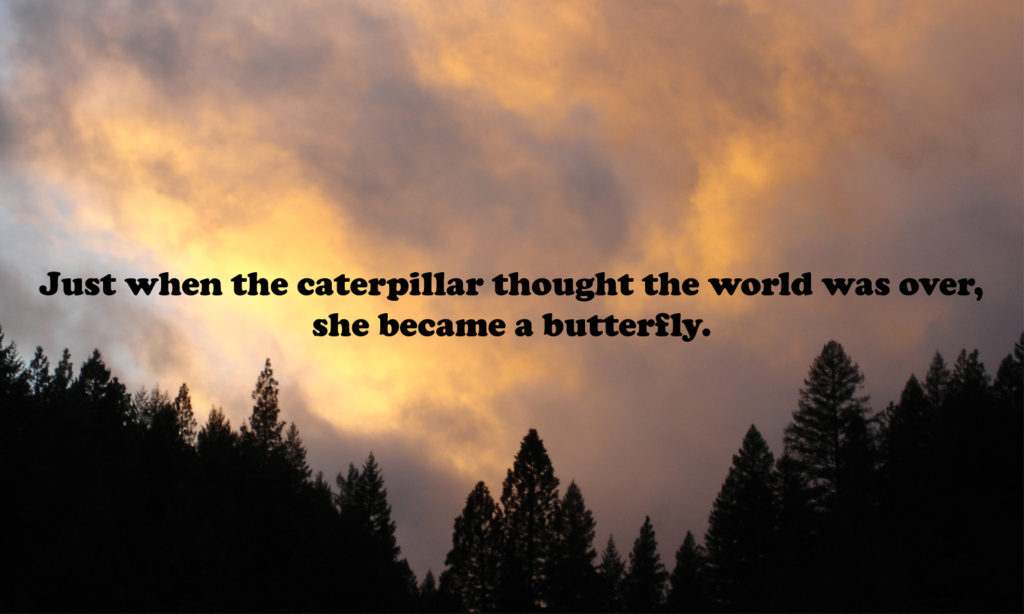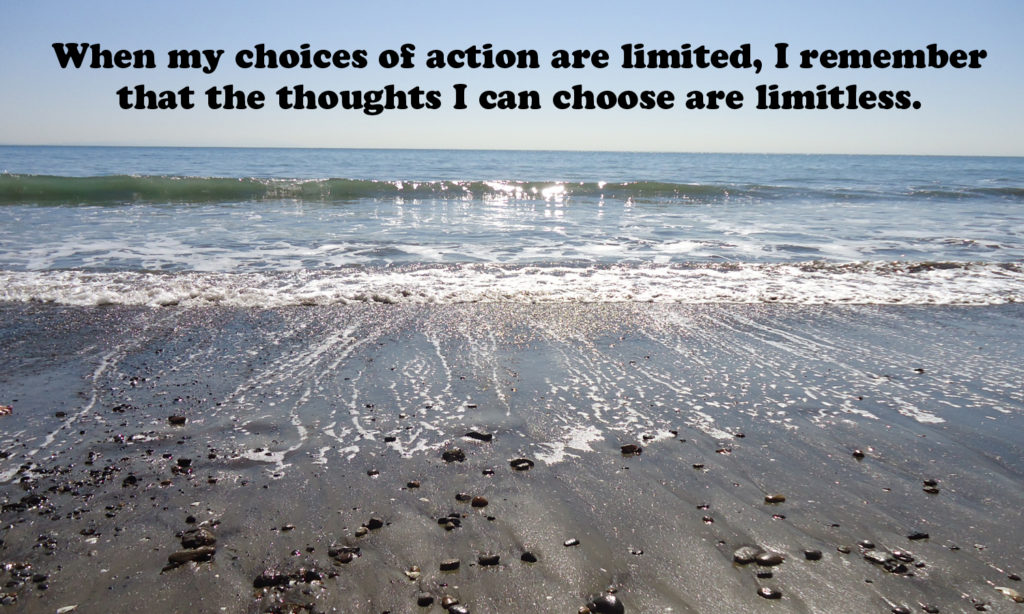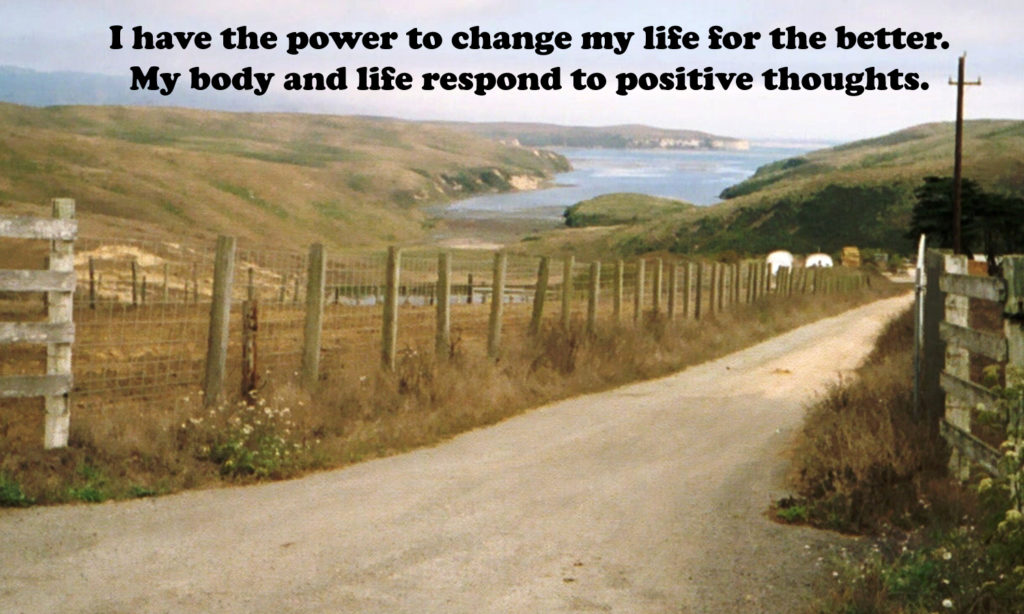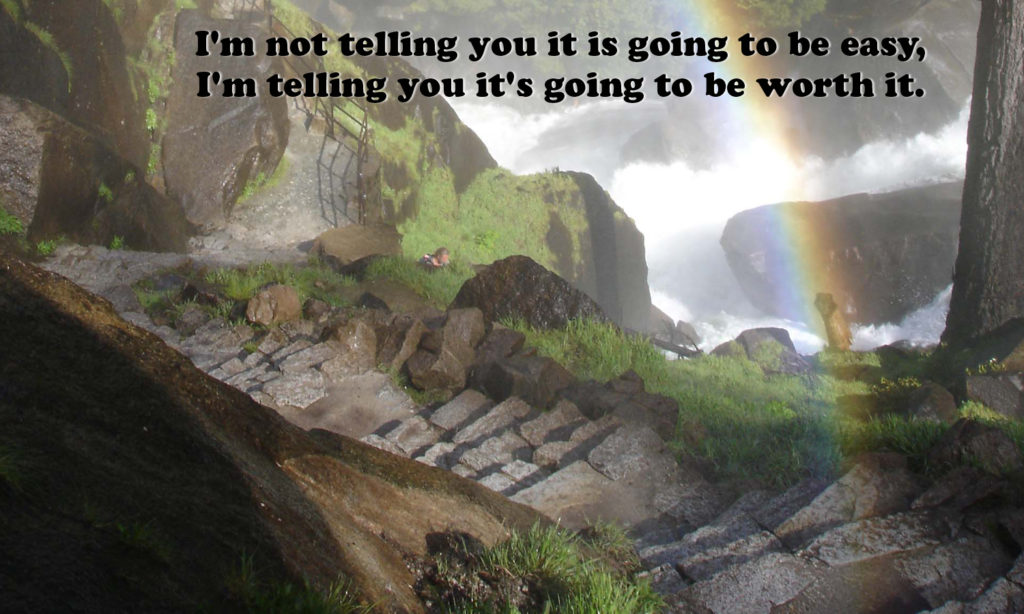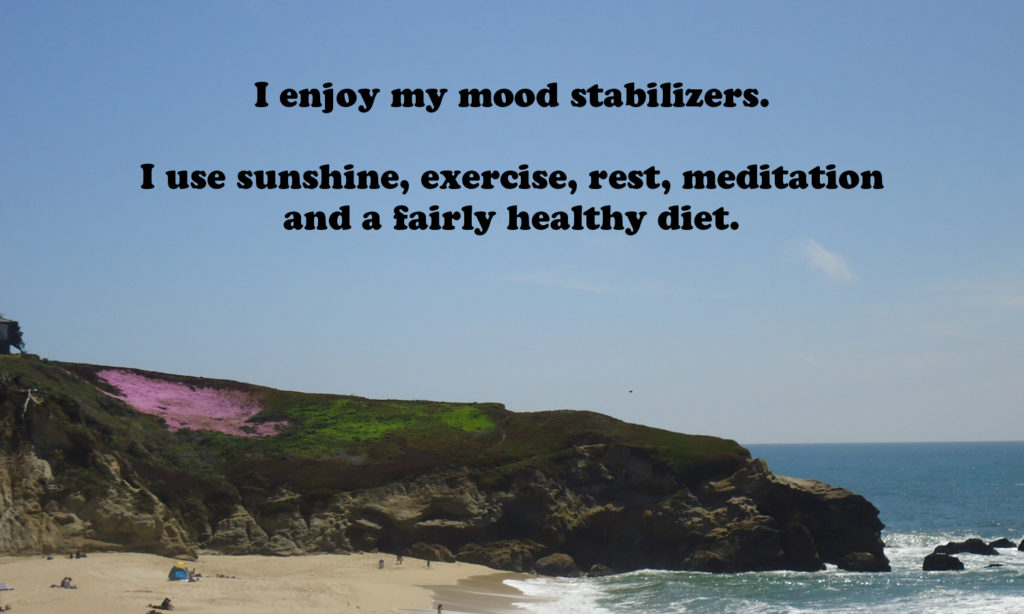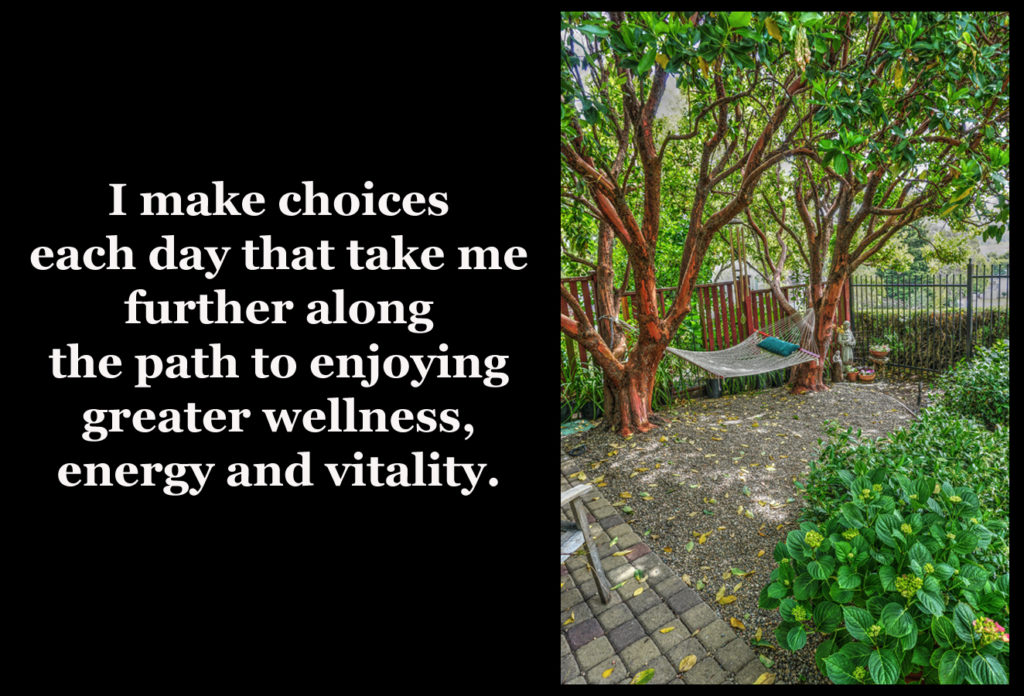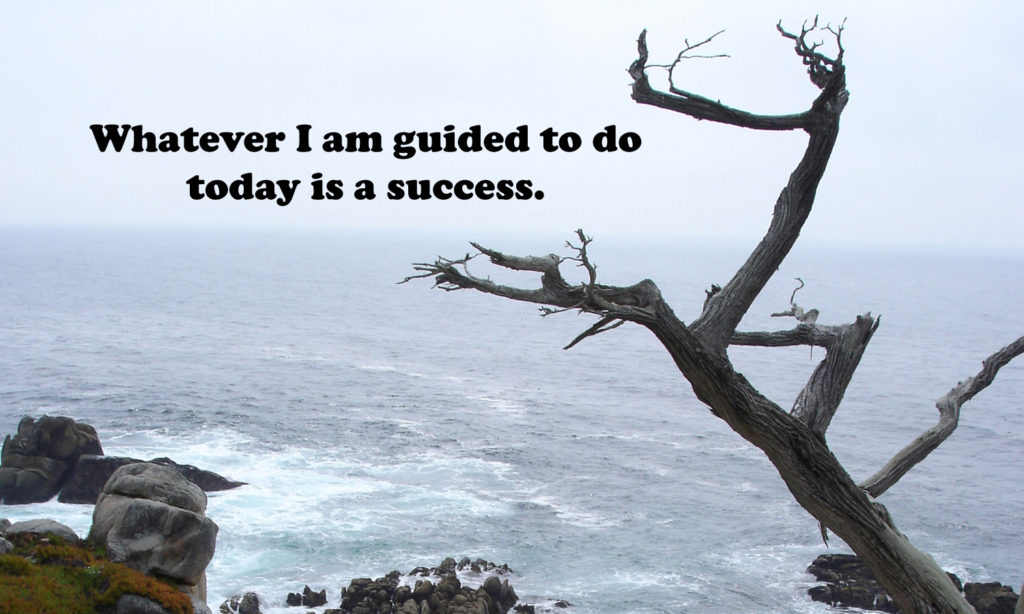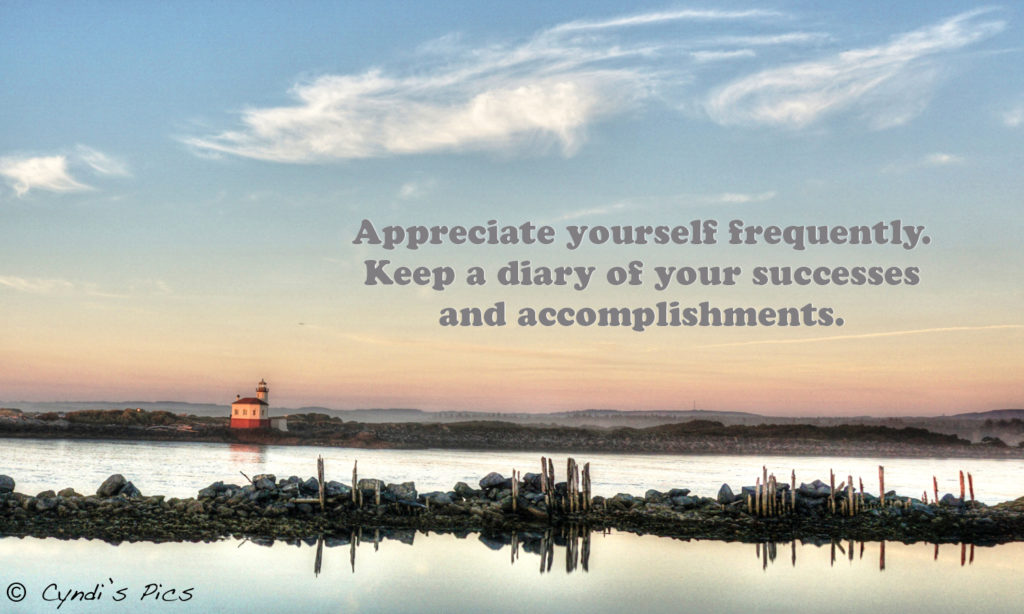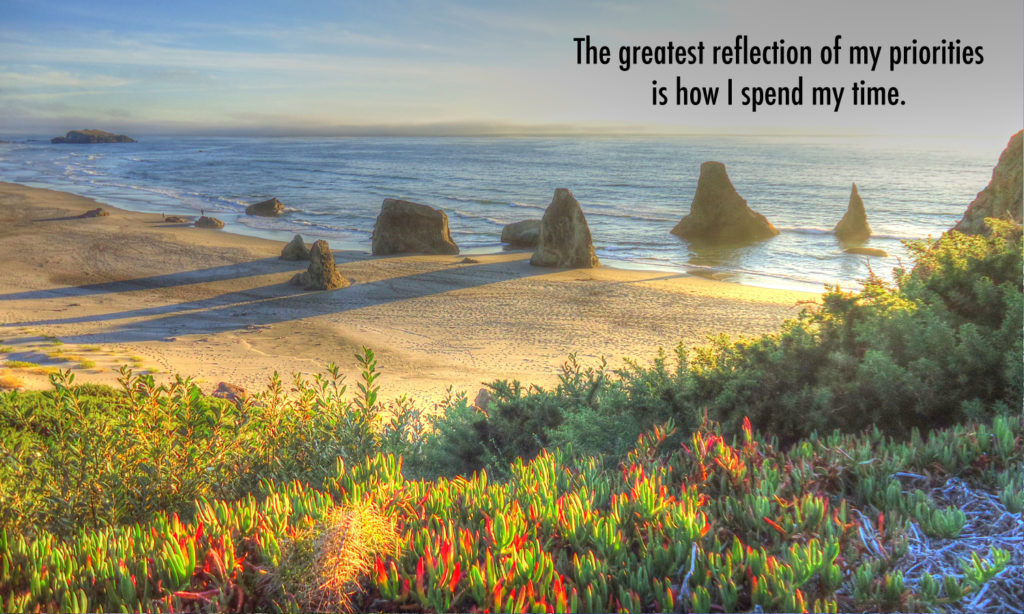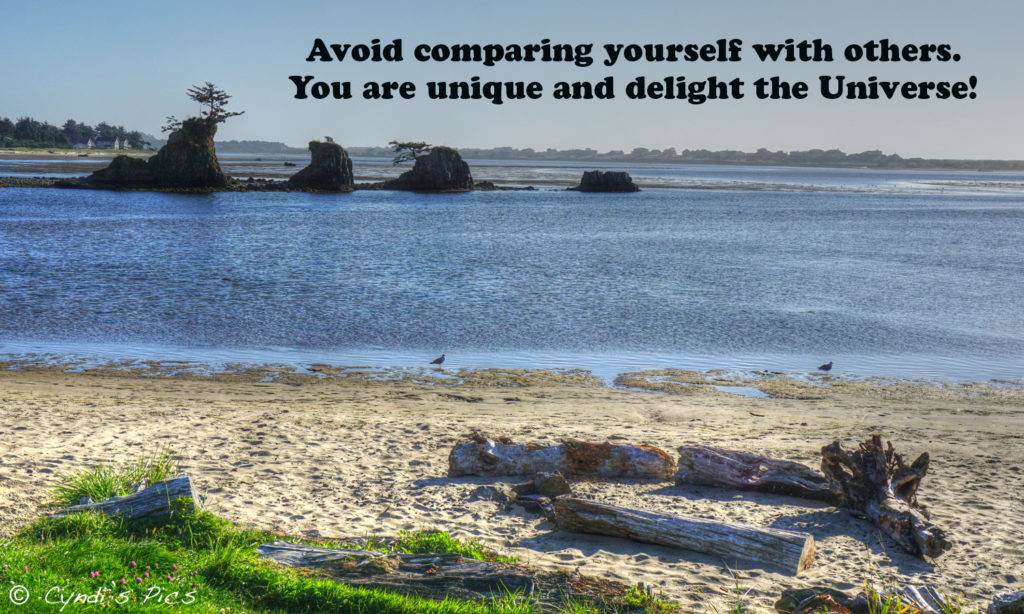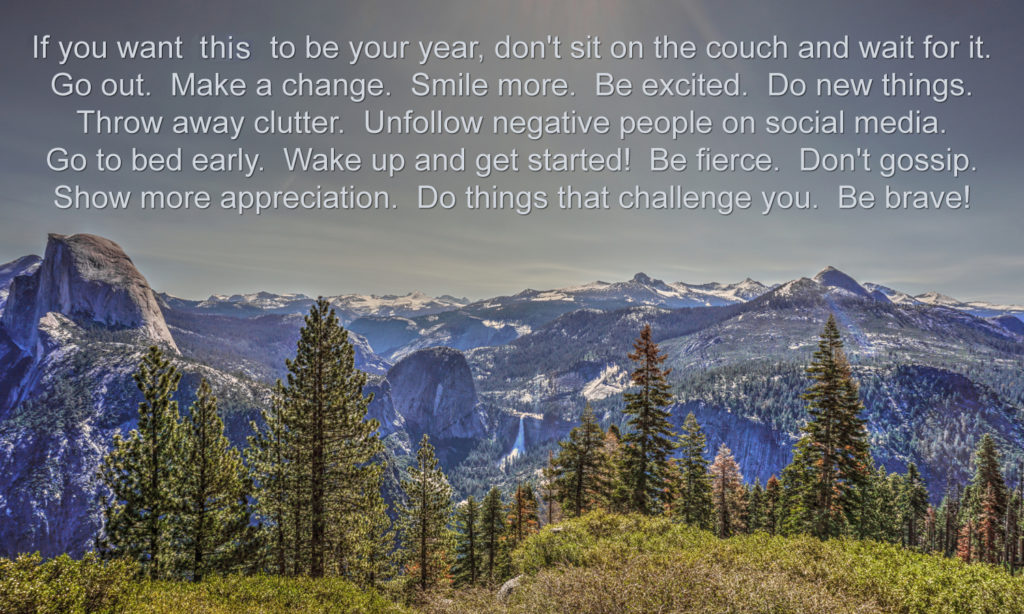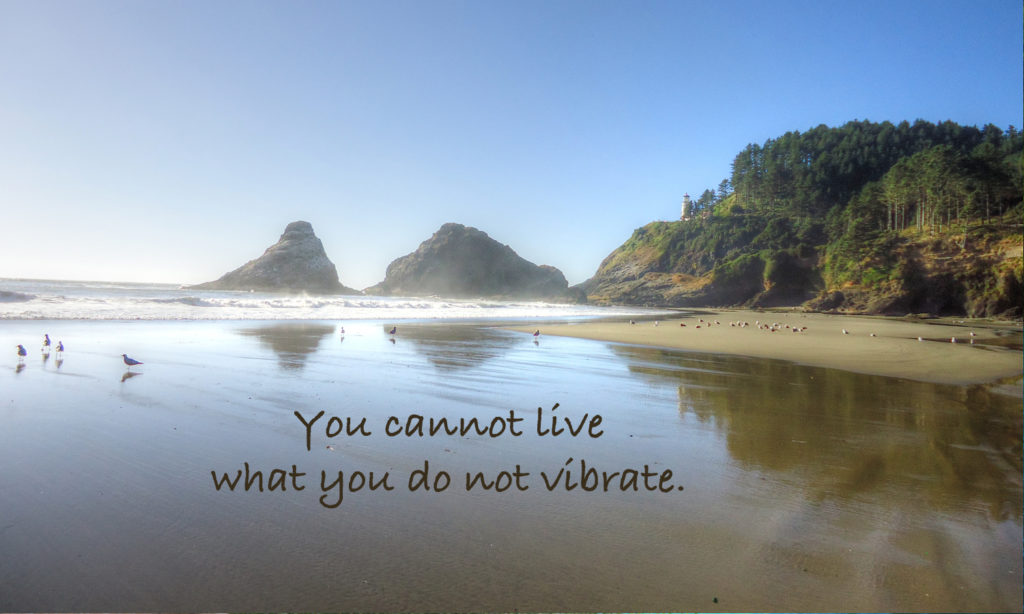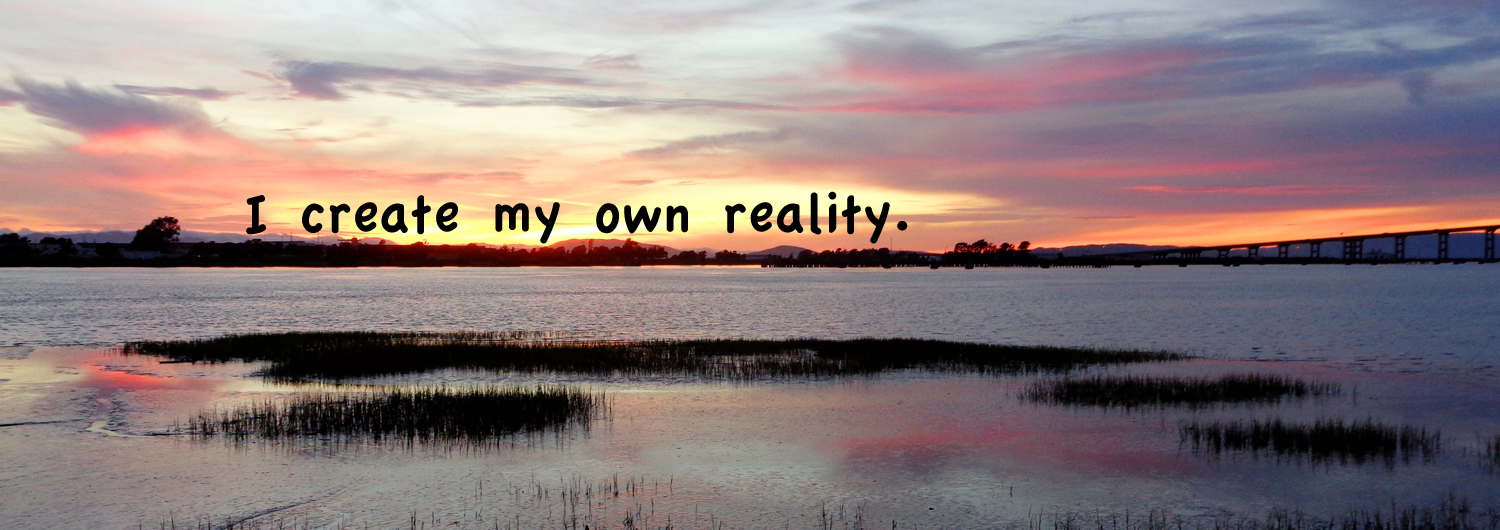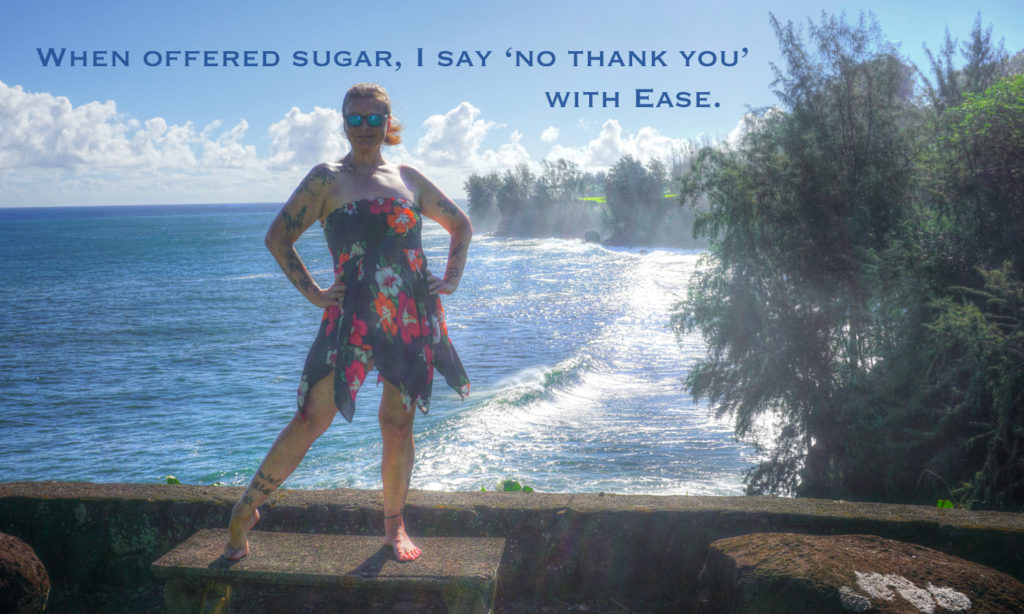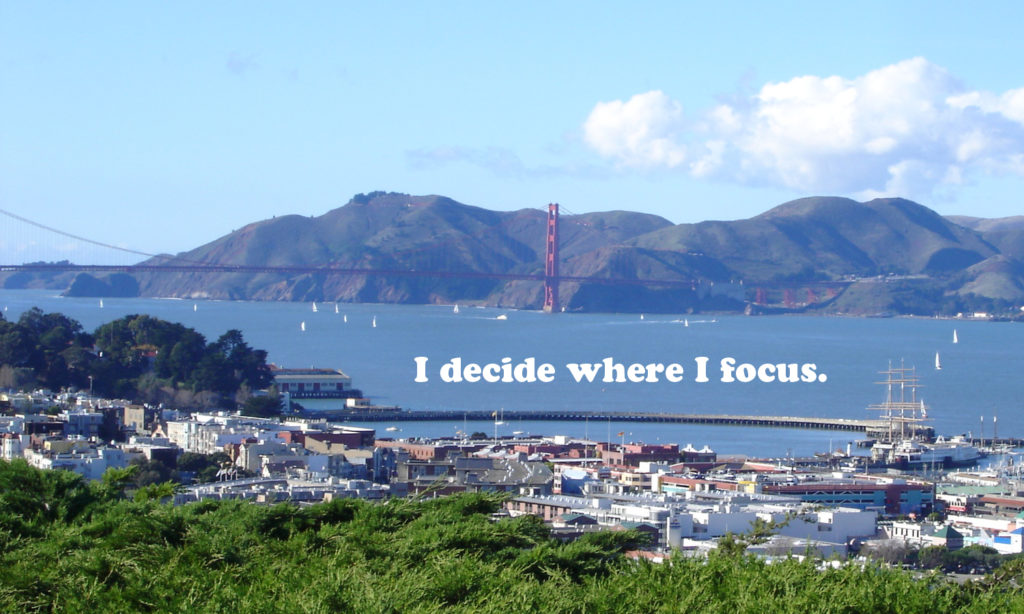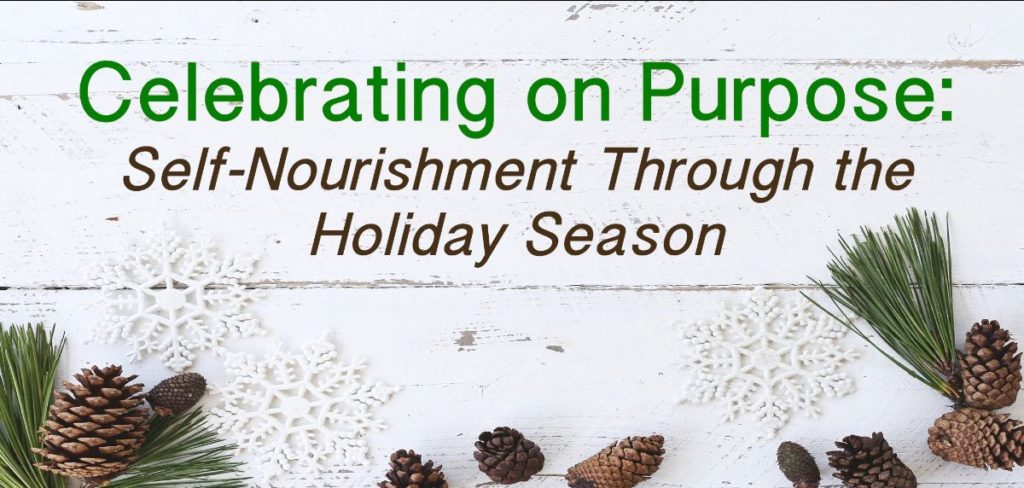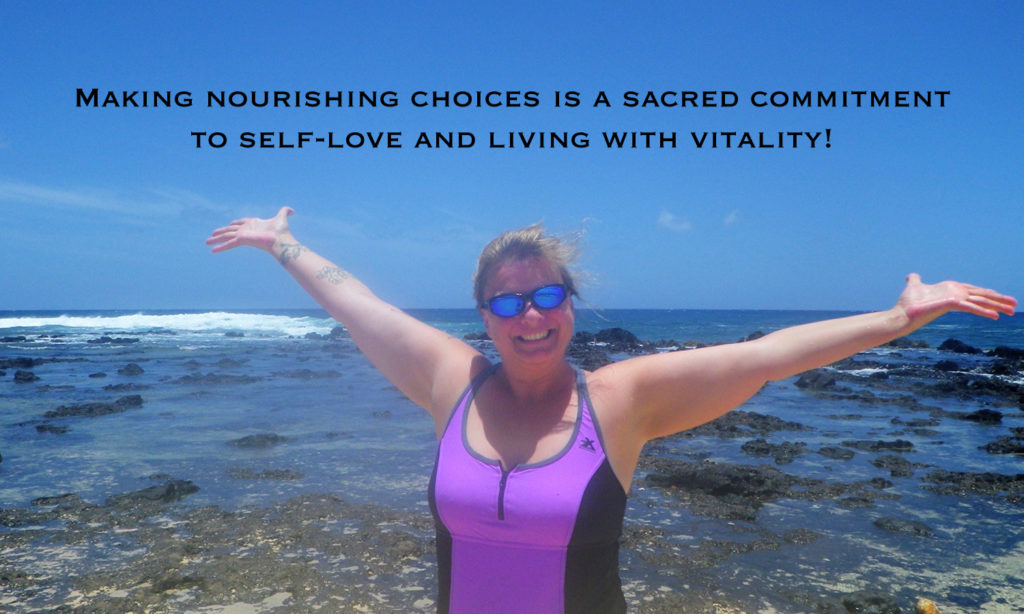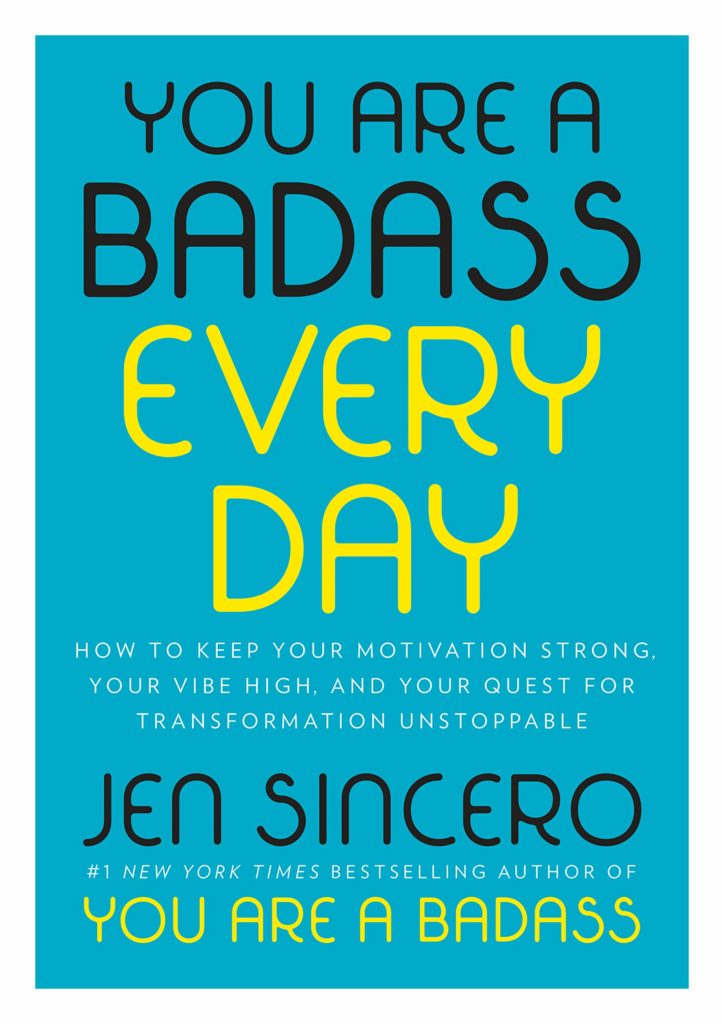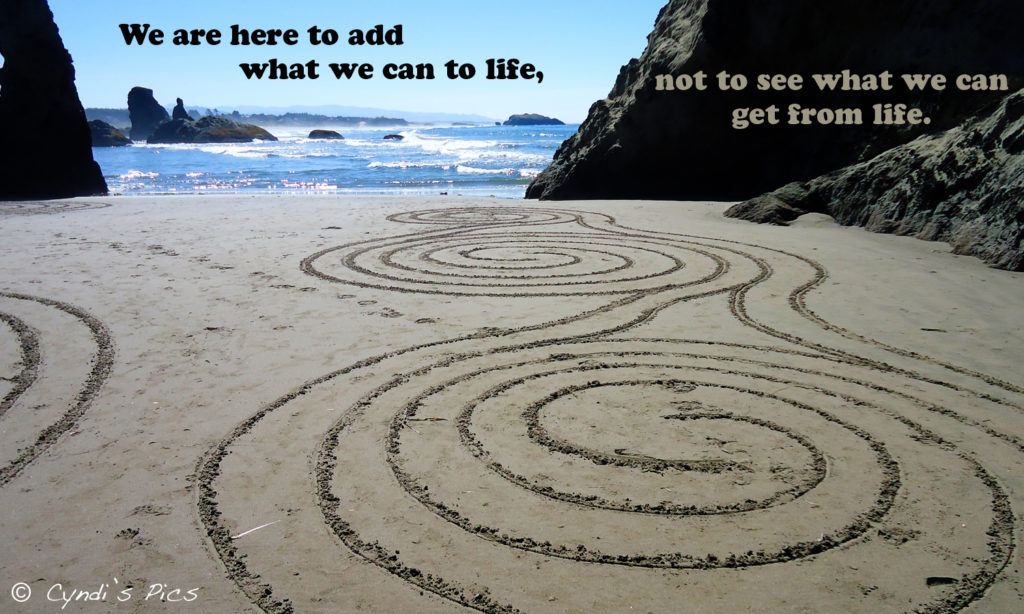Have you ever tried to realign your physical body?
If you ever experienced injury the answer is yes, even if it’s just remembering not to limp anymore once a sprained ankle heals. If you’ve ever experienced back injury or any kind of surgery on your abdomen, it takes some practice to remember how to stand up straight again!
Don’t slouch! How often has your intention been to improve your posture? Trying to sit or stand correctly so that your back doesn’t ache is one that many people are familiar with.
How many times a day do you remind yourself to correct your posture in one of these situations? Like a million? And then how many times do you find yourself back to the old familiar slouch? At least a million and one. Almost more than we can catch and correct it seems. Sometimes when we are combatting pain, we stay pretty motivated to be on top of it until we correct the issue. Still, it takes continuous focus on the change we desire. It takes correction after correction for days and weeks and months to finally create a habit so we don’t have to think about it so frequently.
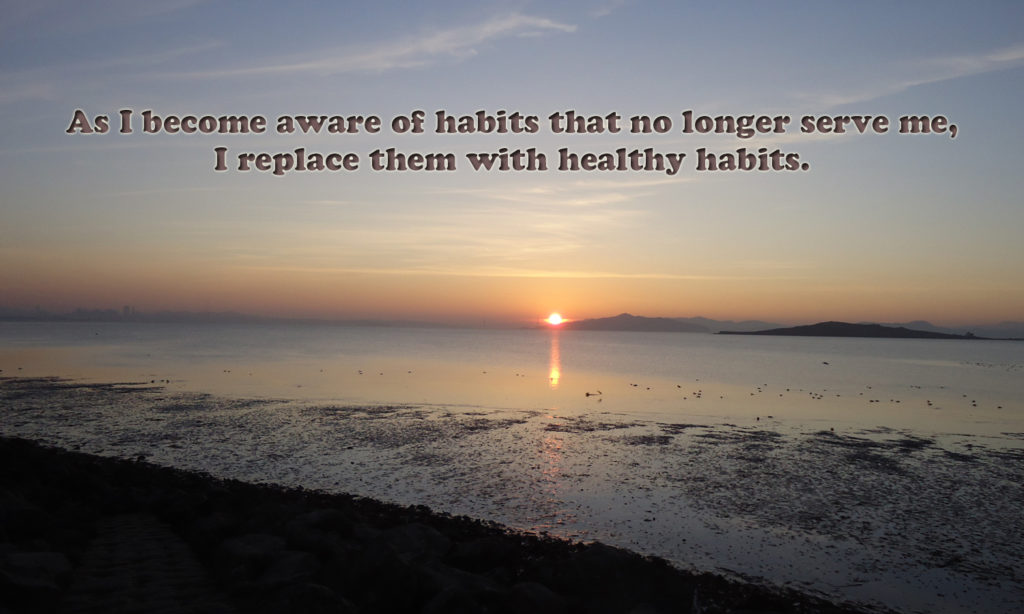
The same constant calibration and recalibration is required to change any habitual patterns that we desire to improve or discontinue. Habits are behaviors that are ingrained because we have practiced them for months or years or decades. We barely register them as we carry them out, because they have become relegated to our unconscious mind which is very efficient. Our unconscious mind works so quickly that we don’t even realize we’ve done that thing again, that we were meaning to stop doing, until after we’ve done it. We do it unconsciously. We have repeated the pattern so many times that the thought pathway completes itself undetected.
If we wish to change a habitual behavior we must disrupt our thoughts constantly. Repeatedly.
Currently we are calibrated to our habits. If we wish to recalibrate to actions that stem from conscious choice, we need to disrupt the thought pattern that leads to the habitual behavior, and we need to disrupt it REPEATEDLY. We can’t just decide to to it and then do it.
As in the example above about physical realignment, we’re going to return to our slouch because it’s what we’ve practiced, until we practice something else – a LOT.
It’s going to take correcting ourselves and reminding ourselves and recalibrating thoughts and behaviors constantly until we create the new habit we desire.
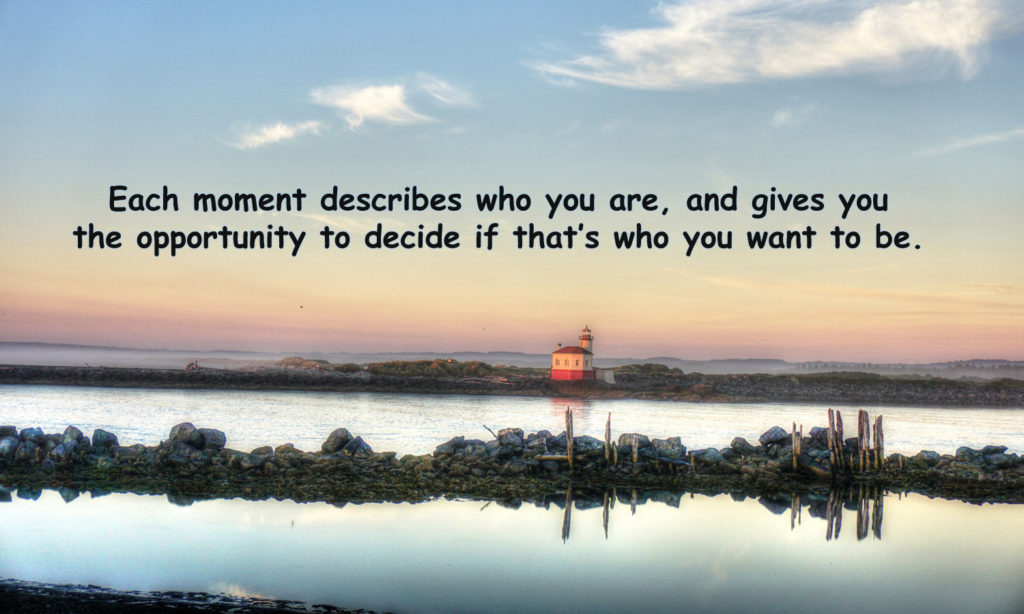
How do we do that?
It seems like when most of us try to change a behavior, we make it a little while, but then we fall back into old patterns and give up! It seems fruitless because after all, we WILL revert to the old habit unless we are constantly vigilant.
So when you do revert back to the old pattern of behavior, it doesn’t mean that you’re stupid, or weak, or bad, or incapable of change.
It means you are human and did what all of us do when we try to overcome old programming. In other words, you’re perfectly normal.
So BE constantly vigilant!
Focus as often as you can on the change you want. Write about it in your morning pages. Put sticky notes or fancy affirmation cards about it all over your house. Set an alarm on your phone to remind you to think about the change you are making. Talk to your coach or therapist about it. Tell anyone who supports your desire to change, and DON’T discuss it with anyone who may be unsupportive. Put notes on your desktop. Send yourself emails reminding you what you want to do. Read books on the subject of your challenge or change or area of growth. Read inspiring books on any subject! Create a mantra and repeat it often. Make a vision board that supports your change and look at it frequently.
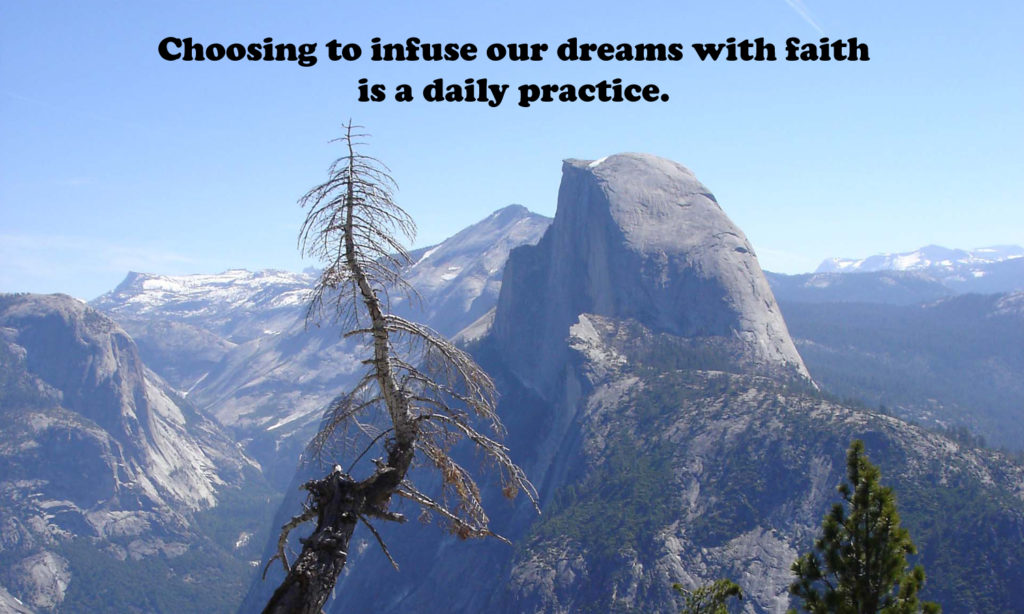
The more often we can bring our conscious choice to the front of our thoughts, the more opportunities we get to interrupt unconscious thoughts that lead to the actions that no longer serve our well-being.
When our unconscious thoughts DO complete the circuit, and we take an action we are trying to avoid, we want to LEARN as much as we can about ourselves from that! What thoughts were we thinking that triggered the behavior? What triggered those thoughts? What can we do when this type of obstacle arises in the future? How will we use this information to grow?
If we can turn it into wisdom that adds to our chance of success in the future, then it’s a big win because we are still moving toward our goal!

Change requires vigilance so old behaviors don’t creep back in.
Once we bring ourselves into alignment with the change we want to make, then we must calibrate and recalibrate constantly, bringing ourselves back into alignment, remembering and reminding ourselves of the goal, practicing constantly until the new desired action becomes the unconscious habit.
And see, once we train our conscious choice into unconscious action, then we have a new habit and it no longer seems like work or takes any effort at all! We simply do the new action that supports our health without thinking about it, because it has become our new norm.
Totally worth the effort!

